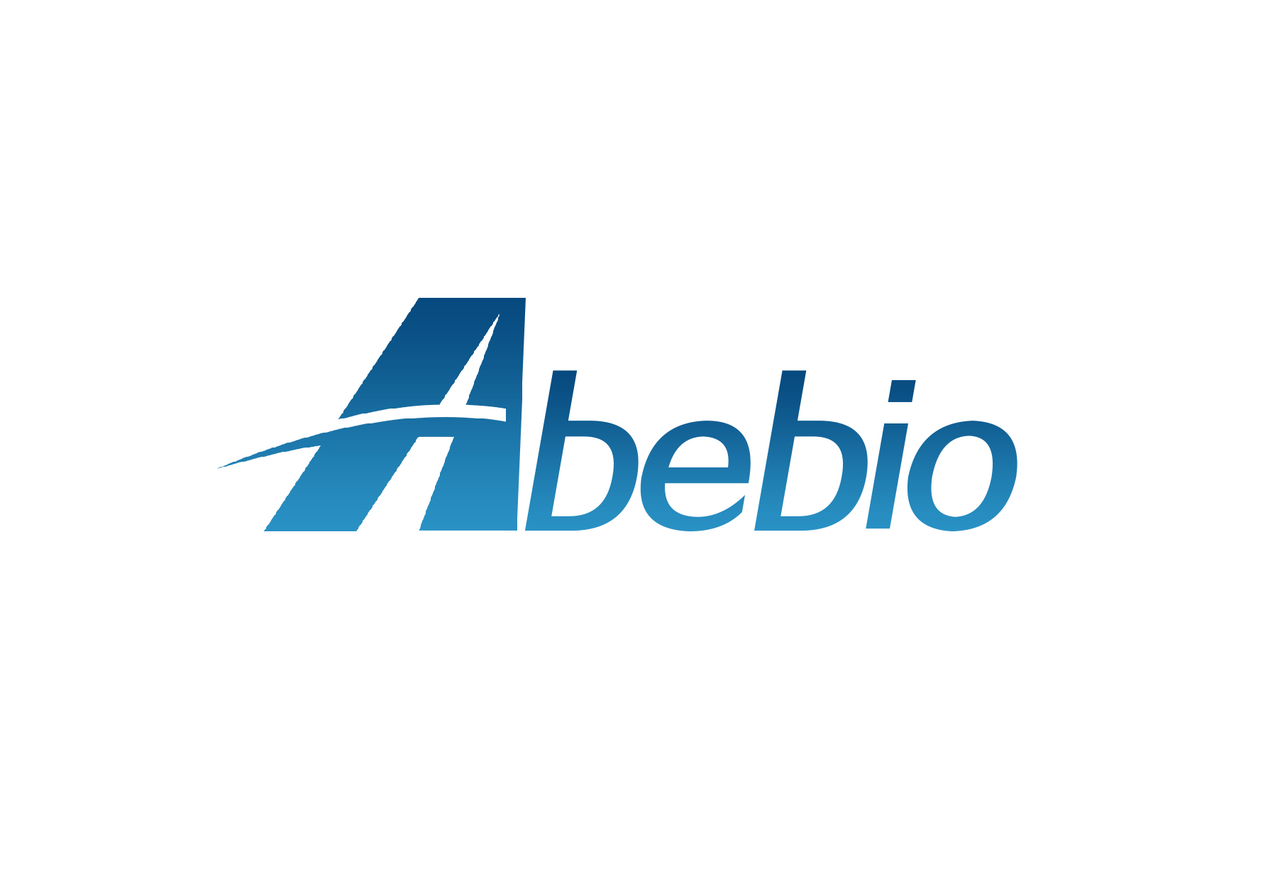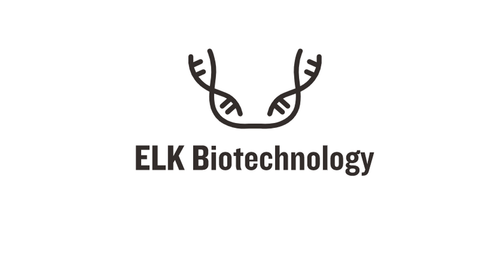Product Description
Human AF4/FMR2 family member 1 (AFF1) ELISA Kit | AE24174HU | Abebio
Species Reactivity: Human (Homo sapiens)
Abbreviation: AFF1
Alternative Name: AF4; MGC134969; MLLT2; PBM1; myeloid/lymphoid or mixed-lineage leukemia (trithorax homolog; Drosophila) ; translocated to; 2|myeloid/lymphoid or mixed-lineage leukemia trithorax homolog 2|pre-B-cell
Application: ELISA
Range: 0.156-10 ng/mL
Sensitivity: 0.059 ng/mL
Intra-Assay: ≤5.8%
Inter-Assay: ≤8.9%
Recovery: 1, 01
Sample Type: Serum, Plasma, Other biological fluids
Detection Method: Sandwich
Analysis Method : Quantitive
Test Principale: This assay employs a two-site sandwich ELISA to quantitate AFF1 in samples. An antibody specific for AFF1 has been pre-coated onto a microplate. Standards and samples are pipetted into the wells and anyAFF1 present is bound by the immobilized antibody. After removing any unbound substances, a biotin-conjugated antibody specific for AFF1 is added to the wells. After washing, Streptavidin conjugated Horseradish Peroxidase (HRP) is added to the wells. Following a wash to remove any unbound avidin-enzyme reagent, a substrate solution is added to the wells and color develops in proportion to the amount of AFF1 bound in the initial step. The color development is stopped and the intensity of the color is measured.
Product Overview: The sequence of the complete open reading frame for this fusion transcript revealed that the MLL protein is homologous with DNA methyltransferase, the Drosophila trithorax gene product, and the 'AT-hook' motif of high mobility group proteins. An alternative splice that deletes the AT-hook region of MLL was identified. AF4 is a serine- and proline-rich putative transcription factor with a glutamine-rich carboxyl terminus. The composition of the complete MLL-AF4 fusion product argues that it may act through either a gain-of-function or a dominant-negative mechanism in leukemogenesis. This gene is also symbolized MLLT2
Stability: The stability of ELISA kit is determined by the loss rate of activity. The loss rate of this kit is less than 5% within the expiration date under appropriate storage condition. The loss rate was determined by accelerated thermal degradation test. Keep the kit at 37°C for 4 and 7 days, and compare O.D.values of the kit kept at 37°C with that of at recommended temperature. (referring from China Biological Products Standard, which was calculated by the Arrhenius equation. For ELISA kit, 4 days storage at 37°C can be considered as 6 months at 2 - 8°C, which means 7 days at 37°C equaling 12 months at 2 - 8°C) .
 Euro
Euro
 USD
USD
 British Pound
British Pound
 NULL
NULL








